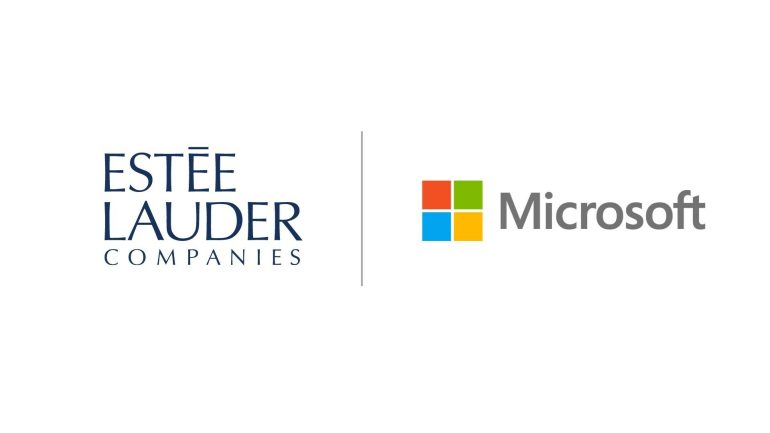- The collaboration between The Estée Lauder Companies (ELC) and Microsoft Corporation has led to the establishment of an AI Innovation Lab.
- The lab aims to revolutionize the prestige beauty sector by utilizing Microsoft’s Azure OpenAI Service to pioneer solutions for consumer engagement and agility in responding to market dynamics.
- Focus areas include agile response to consumer trends and accelerated product innovation through generative AI applications.
- An internal generative AI chatbot has been developed to adapt marketing campaigns to evolving trends and preferences swiftly.
- Generative AI is being used in research and development to identify and capitalize on emerging trends in product formulations.
- Jane Lauder, EVP, Enterprise Marketing, emphasizes the role of technology in delivering personalized consumer experiences and expediting time-to-market.
- Shelley Bransten, corporate vice president at Microsoft, highlights generative AI’s potential in enhancing customer engagement and fostering sustainable innovation.
- The enduring partnership between ELC and Microsoft previously yielded the Voice-Enabled Makeup Assistant, exemplifying their commitment to inclusivity and accessibility in the beauty sphere.
Main AI News:
The collaboration between The Estée Lauder Companies (ELC) and Microsoft Corporation has taken a significant leap forward with the establishment of an AI Innovation Lab. This lab marks an expansion of their existing global strategic alliance and is poised to revolutionize the prestige beauty sector. By harnessing the cutting-edge generative AI capabilities within Microsoft’s Azure OpenAI Service, both entities aim to pioneer solutions that not only deepen consumer engagement but also enhance the agility of ELC’s more than 20 luxury beauty brands in responding to local market dynamics.
This heightened collaboration underscores the commitment of both organizations to remain at the vanguard of innovation within the beauty industry. Through the AI Innovation Lab, ELC and Microsoft will focus on cultivating impactful generative AI applications across various facets of ELC’s operations, with a particular emphasis on the following areas:
- Agile Response to Consumer Trends: The partnership has already yielded promising results with the development of an internal generative AI chatbot. This innovative tool facilitates swifter adaptation to evolving social trends and consumer preferences, enabling ELC to tailor marketing campaigns with unprecedented speed and precision.
- Accelerated Product Innovation: Leveraging generative AI in research and development endeavors has unlocked new avenues for rapid product iteration. By empowering scientists and product development specialists to swiftly identify and capitalize on emerging trends in product formulations, ELC and Microsoft are streamlining the innovation pipeline.
Jane Lauder, EVP, Enterprise Marketing and chief data officer at The Estée Lauder Companies, emphasizes the symbiotic relationship between technology and consumer-centricity. She asserts that Microsoft’s generative AI tools, coupled with ELC’s rich trove of data, are instrumental in delivering personalized consumer experiences while expediting time-to-market and bolstering local relevance.
Similarly, Shelley Bransten, corporate vice president, Global Industry Solutions at Microsoft, underscores the transformative potential of generative AI within the beauty landscape. She highlights its role in enhancing customer engagement, facilitating rapid product deployment, and fostering sustainable innovation practices.
The AI Innovation Lab represents a pivotal milestone in the enduring partnership between ELC and Microsoft, which traces its origins back to 2017. Notably, this collaboration previously yielded the Voice-Enabled Makeup Assistant, an innovative mobile application designed to assist visually impaired users in makeup application. This app, built on Azure AI, exemplifies the tangible outcomes arising from their synergistic efforts and underscores their shared commitment to inclusivity and accessibility within the beauty sphere.
Conclusion:
The establishment of the AI Innovation Lab signifies a significant advancement in the beauty industry, with ELC and Microsoft poised to lead the way in leveraging generative AI for consumer engagement and rapid product innovation. This partnership underscores a commitment to staying at the forefront of technological innovation, driving competitiveness, and enhancing inclusivity within the beauty market.

